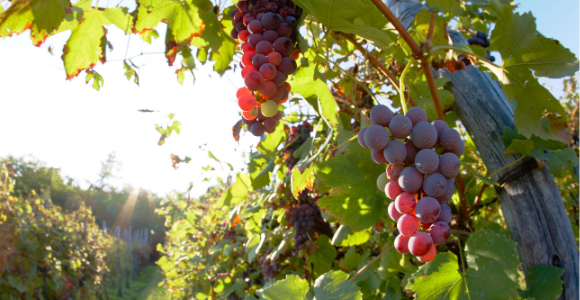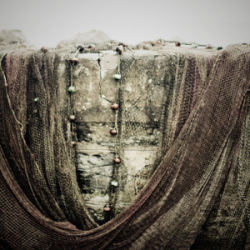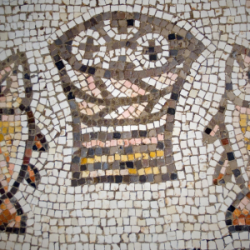Welcome readers! Please subscribe through the buttons on the right if you enjoy this post.
(Read this series from its beginning here.)

In all three of the synoptic gospels, we read:
“And no one pours new wine into old wineskins. Otherwise, the wine will burst the skins, and both the wine and the wineskins will be ruined. No, they pour new wine into new wineskins.” (Mark 2:22)
“Neither do people pour new wine into old wineskins. If they do, the skins will burst; the wine will run out and the wineskins will be ruined. No, they pour new wine into new wineskins, and both are preserved.” (Matthew 9:17)
“And no one pours new wine into old wineskins. Otherwise, the new wine will burst the skins; the wine will run out and the wineskins will be ruined.” (Luke 5:37)
Jesus called his audience to accept new wine and new wineskins to hold the new wine: he wanted us to participate in the distributively just vision he was offering human society. New wine simply won’t work in the old wineskins. New wine and old skins are incompatible, and you can’t incorporate Jesus’ new wine into our present system. They are too different from each other. We must be open to new wine, new paradigms, and new systems or skins to live out a set of ethical values that is life-giving, inclusive, safe, just, and compassionate for everyone, not just the privileged and the elite.
New skins/new wine was not the only metaphor that the gospel authors used. They also used the metaphor of a path that most people do not choose to travel:
“So in everything, do to others what you would have them do to you, for this sums up the Law and the Prophets. Enter through the narrow gate. For wide is the gate and broad is the road that leads to destruction, and many enter through it. But small is the gate and narrow the road that leads to life, and only a few find it.” (Matthew 7:12-14)
I’ve often been struck by how in U.S. society, a system that strives for distributive justice for all simply does not resonate with most people. Even poor people have absorbed the false hope that they are tomorrow’s next millionaire capitalist. The term socialism is used to incite fear, and most people fall for it. This past political season, what we saw competing on the Democratic debate stage was more akin to social democracy than socialism, either democratic socialism or authoritarian socialism. Yet even a social democracy that leaned toward more distributive justice proved too much for most American voters. We’ll see how this November plays out, but for now, the old skins proved they couldn’t tolerate even a hint of new wine.
Our context could help us to understand the social context of the gospel stories: the Jesus in these stories was calling for a more compassionate, just and inclusive society in his own culture and time.
Is it time today for a reformation where we try to infuse old skins with new wine or is it time for the life-giving, healthy transformation of the systems we’re trying to make a more distributively just society fit? Change can be scary if you feel you have too much to lose. But in a distributively just society, the goal is not to have someone lose so you can win. The goal is a world where we all win together.
I believe it’s time to dream up new skins that are capable of expanding with new wine.
As we often say at RHM, another world is possible, if we collectively choose it.

















